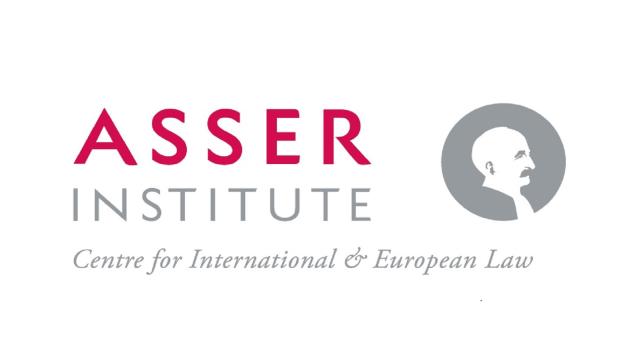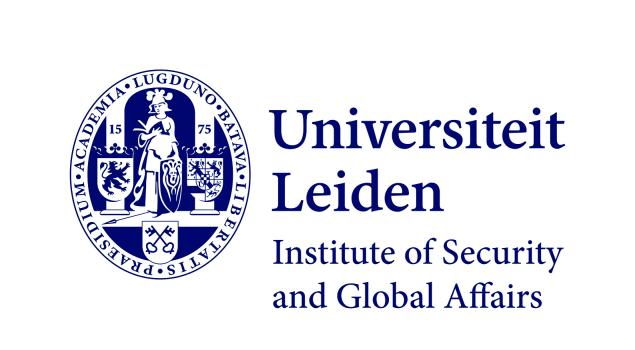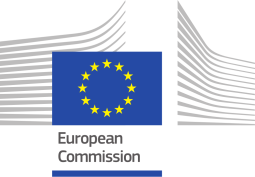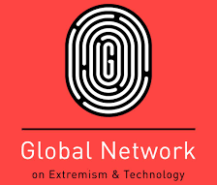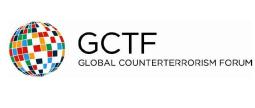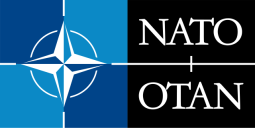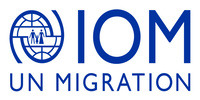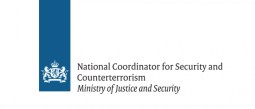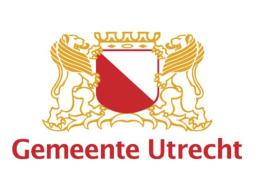About ICCT
The International Centre for Counter-Terrorism (ICCT) is a think-and-do tank based in The Hague, Netherlands. We provide research, policy advice, training and other solutions to support better counter-terrorism policies and practices worldwide. We also contribute to the scientific and public debates in the fields of counter-terrorism and countering violent extremism, notably through our publications and events.
We work with various governments, international organisations and international agencies. Our activities are global, with a focus over the past few years on Europe, the Middle East and Africa.
ICCT is an independent foundation that was established in 2010 by the T.M.C. Asser Institute, Leiden University’s Institute of Security and Global Affairs (ISGA), and Clingendael Institute, as a result of an initiative originating in the Dutch parliament (motion Çörüz, April 2008).
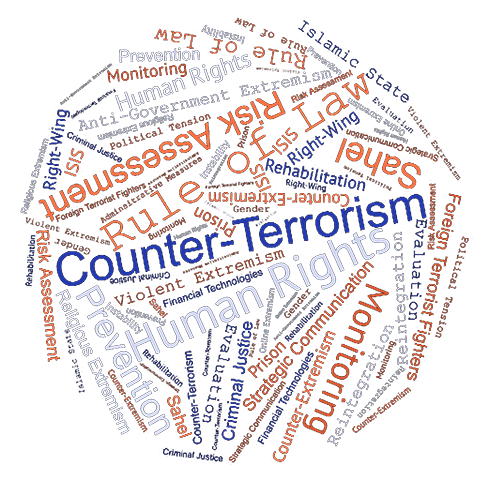
Mission and Values
We envision a world where societies are resilient to radicalisation and polarisation, and where citizens are protected by effective responses to terrorism and violent extremism that are grounded in human rights and the rule of law.

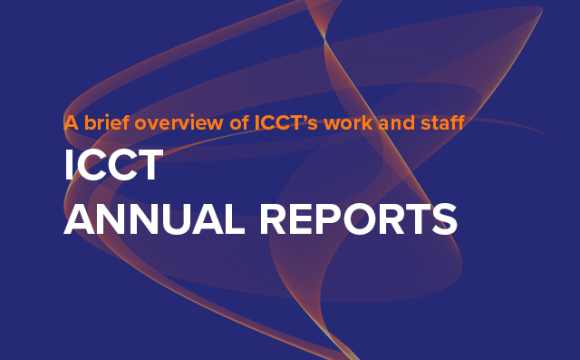
Annual Reports
ICCT provides an overview of its most important activities in its annual reports, highlighting some of its major achievements. Annual Reports include information on staff, publications and other activities, as well as outreach and financial issues.
Programmes
ICCT activities are mainly organised around our three programmes, which cover the vital pillars of effective counter-terrorism: the rule of law, prevention, and threat assessment.

Rule of Law Responses to Terrorism

Preventing and Countering Violent Extremism (P/CVE)

Current and Emerging Threats
Our expertise
Research
We contribute to scholarly debates through our publications, informed notably by our insights with the policy and practitioners’ communities.We contribute to scholarly debates through our publications, informed notably by our insights with the policy and practitioners’ communities.
Policy-advice
We facilitate policy discussions, help develop policy frameworks, and offer tailored recommendations to policy-makers.
Good Practices Development
We help develop and draft good practices documents, manuals and other resources for practitioners.
Training & Capacity-Building
We develop and deliver trainings and other activities around the world to build CT and P/CVE capacity and knowledge.
Monitoring & Evaluation
With a commitment to effectiveness, we support CT and P/CVE impact evaluation for donors and governments.
Public debate
We inform public discussions with regard to major developments in the field of terrorism and counter-terrorism, through our media interventions and public events.
